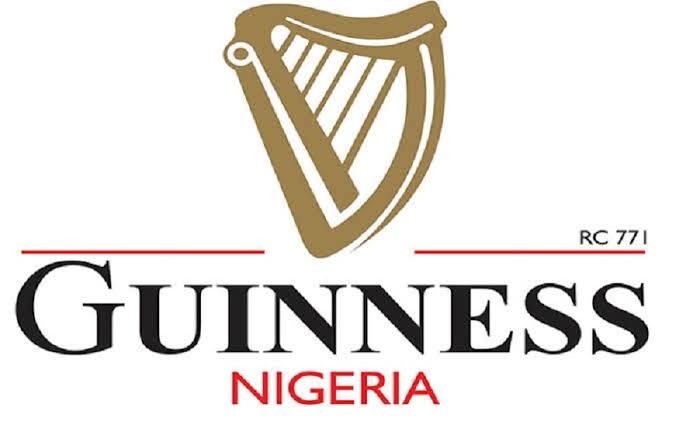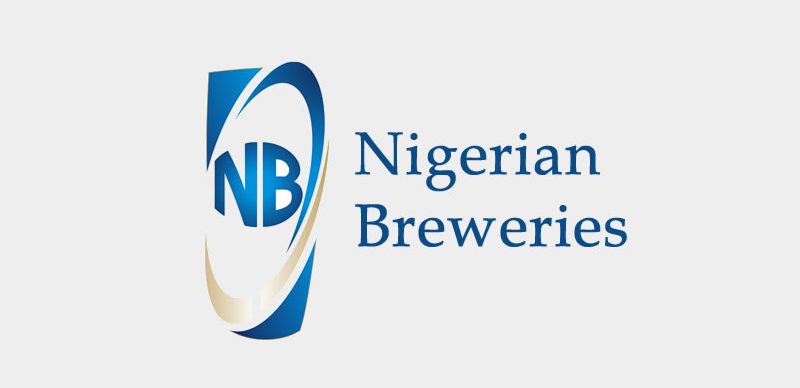•Says service transformation to Nigeria Revenue Service will expand mandate to include non-tax revenue collection from NUPRC
•Assures on fair implementation of new tax laws, simplification and revenue maximisation, others
James Emejo in Abuja
Chairman, Federal Inland Revenue Service (FIRS), Dr. Zacch Adedeji, said the service had achieved significant revenue improvements, as tax collections reached N22.59 trillion between January and September 2025.
Adedeji said the service also achieved a record-breaking revenue growth of N47.39 trillion between October 2023 and September this year, representing 115 per cent of its target.
Highlighting FIRS’ key achievements under his watch, he said 2025 represented a period of remarkable achievements and transformation, as non-oil revenue accounted for 76 per cent of total collections, reflecting diversification and reform success.
Giving a breakdown of key tax performance, Adedeji said oil tax revenue stood at N5.29 trillion, representing 98 per cent of target, while non-oil taxes stood at N17.3 trillion, representing 128 per cent of the target for the nine-month period and 76 per cent of total collection.
Non-import VAT accounted for 137 per cent of target while import VAT accounted 131 per cent of target.
Adedeji further assured of fair implementation of the new tax laws, vowing that the service will meet and surpass government revenue target, continually pursue the digitalisation of tax processes, training and retraining of officers, as well as partnership with all stakeholders.
He said FIRS’ proposed transformation to the Nigeria Revenue Service (NRS), effective January 1, 2026, will expand the agency’s mandate to include non-tax revenue collection from Nigeria Upstream Petroleum Regulatory Commission (NUPRC).
Adedeji stated that building on the foundations laid during his first year in office, the service had continued to strengthen the country’s tax administration through strategic reforms, technological innovation, and enhanced operational efficiency.
He said during the period, the service not only met its revenue targets but also advanced several landmark initiatives that were reshaping the fiscal landscape.
Key milestones included meeting and sustaining revenue collection targets through improved efficiency and compliance measures, and passage of key tax reform acts designed to modernise Nigeria’s tax framework and promote transparency.
Under his watch, Adedeji said the service drove the implementation of National Single Window Project to simplify and harmonise trade and tax processes, as well as the launch of the e-invoicing system to enhance accuracy, accountability, and digital integration in tax collection.
He said the tax policy consisted of a tripod – basically the development of sound and inclusive tax policies that support national growth and fiscal stability; promoting fairness, broadening the tax base, and aligning policy direction with the country’s long-term economic objectives.
The FIRS chairman further clarified that recent tax reforms through the enactment of new laws aimed to promote fairness and equity, competitiveness, simplification, and
efficiency of the tax system.
He said modernisation of tax administration was being implemented through technology, process improvement (restructuring of internal operations to a one-stop-shop), and staff capacity development.
Adedeji explained, “A major highlight of 2025 was the successful passage of several key tax reform laws, part of the government’s broader fiscal modernization agenda. These new laws aim to simplify tax compliance, close administrative gaps, and align Nigeria’s tax system with international best practices.
“Also, a key reform is the transformation of FIRS to the Nigeria Revenue Service (NRS), effective January 1, 2026. This expands the agency’s mandate to include non-tax revenue collection from Nigeria Upstream Petroleum Regulatory Commission (NUPRC).”
Adedeji said, “Building on progress made in 2024, the National Single Window Project advanced significantly in 2025. The digital platform, designed to connect ports, government agencies, and trade stakeholders, is streamlining import and export processes, reducing clearance times, and improving transparency.
“This initiative continues to strengthen Nigeria’s global trade competitiveness and supports the government’s broader agenda to enhance efficiency and ease of doing business.
“In August 2025, FIRS launched the full implementation of the National e-Invoicing Solution (Merchant-Buyer Model) following a successful pilot phase. The system enhances transparency, efficiency, and real-time monitoring of business transactions.”
He stressed that the *829# USSD Code initiative, which was launched on October 9, 2024, will allow taxpayers to access services including retrieving their Taxpayer Identification Number (TIN), verifying TCCs, viewing tax types and rates, locating tax offices and making general enquiries directly from their mobile phones.
On collaborations with other agencies and taxpayer education and awareness, Adedeji stated that FIRS will host a tax clinic across the country to improve tax education and compliance among small businesses, start-ups, and informal sector operators, offering direct assistance with tax filing and dispute resolution.
Commenting on international tax cooperation, he said FIRS advanced Nigeria’s global tax leadership by concluding five mutual agreement processes with Belgium, France, and Netherlands, as well as partnership with the Swedish Revenue Agency to facilitate α training programme on tax administration to increase voluntary compliance.
He said the service concluded treaty negotiations with Hong Kong, Botswana, Tanzania, Rwanda and Switzerland, including renegotiation of legacy tax treaties starting with the Netherlands, and commenced treaty negotiations with Saudi Arabia, Kuwait, Qatar, Morocco, India and Jersey.
Adedeji said, “FIRS has in 2025, continued its transformation into a modern, technology-driven, and service-oriented institution, and has achieved major legislative, operational, and technological milestones that position it for sustained growth and greater efficiency.
“FIRS remains committed to simplifying tax, maximizing revenue, and enabling national development through transparency, innovation, and stakeholder collaboration.”





